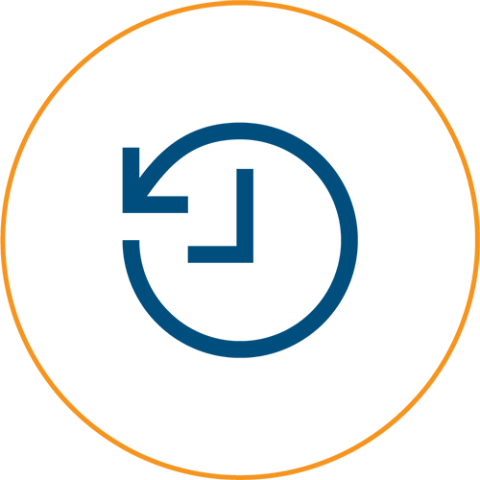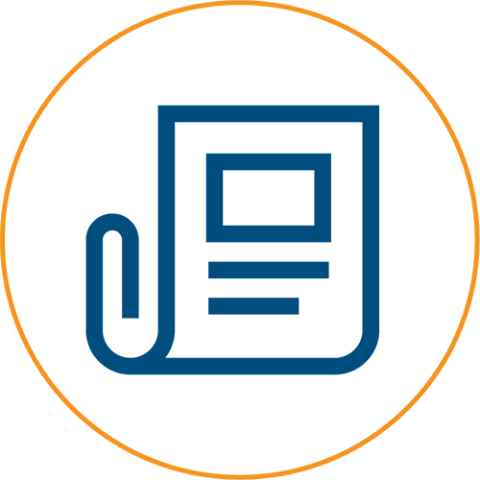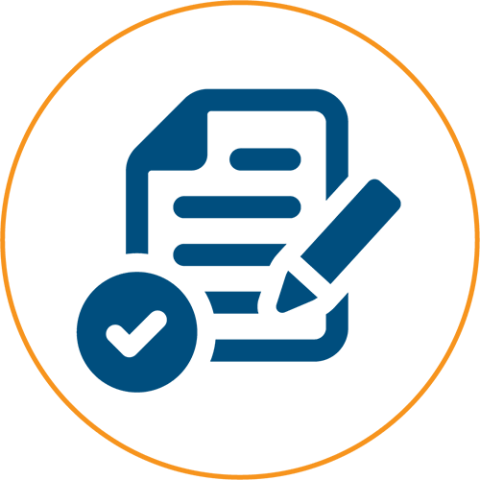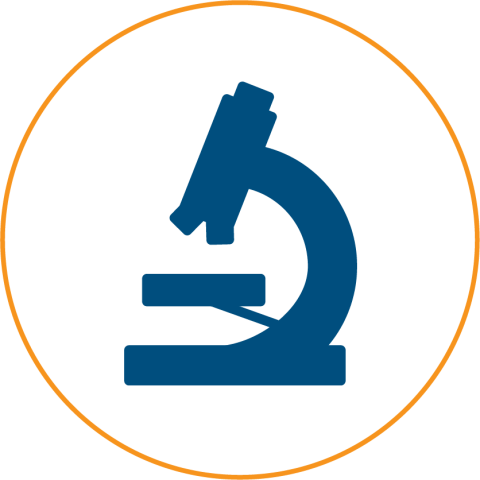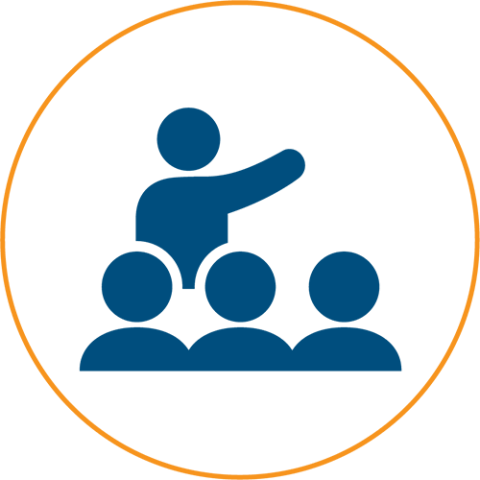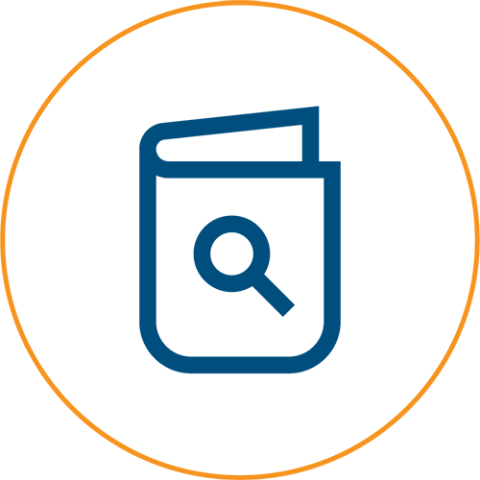The TEQSA Student Portal holds student records from many, but not all, Australian registered higher education providers that have ceased operating.
The portal is free to use.
What records are held in the TEQSA Student Portal?
Records held in the portal cover qualifications of:
- diplomas
- associate degrees
- bachelor degrees
- graduate certificates
- graduate diplomas
- masters degrees
- doctorates (PhDs).
What records are not held in the portal?
Records not held in the TEQSA Student Portal are accredited vocational education training (VET) qualifications such as:
- certificates 1-4
- diplomas
- advanced diplomas.
Please contact the Australian Quality Skills Authority for further information about how to access these records.
How do I find my student records?
If the provider with whom you studied is still active, they must retain all records of your study and must be able to provide a transcript to you upon request.
If your provider is inactive (i.e. it has ceased operating), your records may be retained in the TEQSA Student Portal.
How do I search for my provider?
TEQSA’s National Register shows the status of every higher education provider in Australia.
You can search the register with the legal name of your provider, a trading name or its Australian business number (you can usually find this on an invoice). Be aware that a provider’s trading name and legal name may be different.
Please search all 3 categories – legal name, trading name and Australian business number – to maximise the success of your search results.
What if my provider is listed as ‘active’ in the National Register?
If your provider is listed as ‘active’, contact them directly for anything in relation to your records.
What if my provider is listed as ‘inactive’ in the National Register?
If your provider is listed as ‘inactive’, your student records may be held in the TEQSA Student Portal.
How do I know if my records are held in the TEQSA Student Portal?
Go to the portal’s main page and you will see a list of higher education providers that have ceased operating. If your provider is listed, TEQSA may hold your records.
You must register to use the portal before you can apply to access copies of your records.
What if my provider is not listed in the TEQSA Student Portal?
TEQSA may not hold records for all inactive providers, particularly for those who ceased operating prior to TEQSA’s establishment in 2012.
In these instances, make your own enquiries to confirm if the provider has been acquired by another provider or if these records may be available by other means.
For example, an overseas university that ceased operating in Australia as a higher education provider may have its records available through its base of operations in another country.
How do I register for the TEQSA Student Portal?
Access the TEQSA Student Portal.
You should have available the following information before commencing the registration process:
- identification documents (Australian driver’s licence, Medicare card, Australian passport or Australian visa)
- a working email address.
An email will be sent to your email account, containing details of next steps.
TEQSA will not share this information with any other organisation.
What happens if I can’t find my identity documents today?
Log out and return another time to complete the registration process.
What if I don’t have sufficient ID documents to complete the registration process?
Contact TEQSA directly (enquiries@teqsa.gov.au) to discuss your circumstances.
What if I no longer have valid documents?
Contact TEQSA directly (enquiries@teqsa.gov.au) to discuss your circumstances.
What types of documents are held in the portal?
TEQSA maintains a range of student records for selected providers that have ceased operating, including:
- student records (personal details about each student that has studied with this provider)
- student results (actual course and unit results for each student)
- student certificates:
- testamurs
- academic transcripts
- Australian Higher Education Graduate Statement (AHEGS).
Can I give someone else, such as a prospective employer, access to the portal to obtain my records?
No. Evidence of attempts to access your records by anyone other than you will result in being locked out of the system.
How do I create an application?
Once your identity has been verified, you can apply for your records. You will need:
- your provider’s legal name
- dates when you attended
- courses studied.
When will my records become available in the portal?
You will receive an email to advise when your records can be accessed from the portal.
Why do I need to verify my identity to obtain my student records?
To protect your privacy, we need to ensure that you – and only you – have access to your records in the TEQSA Student Portal.
TEQSA takes privacy very seriously. Please read our privacy policy.
Can I contact TEQSA with more questions?
Yes. Contact the TEQSA Student Portal team directly by emailing enquiries@teqsa.gov.au. To assist us, please provide as much information as possible in the email regarding your circumstances.

